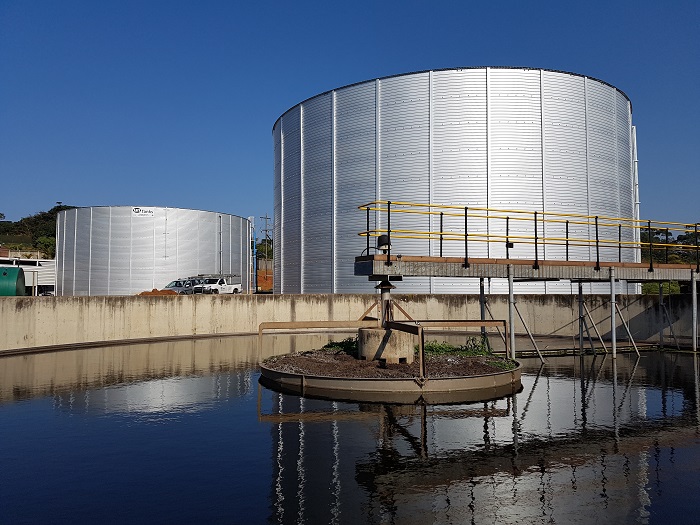Upgrade works of Zandvliet Wastewater treatment in Cape Town, South Africa is on track. mayoral committee member for water and waste Xanthea Limberg announced the reports.
The Zandvliet WwTWs treats effluent from the southern parts of Kuils River, Delft, Blackheath, Blackheath Industria, Blue Downs, Eerste River, De Wijnlanden, Thembokwezi, Mxolisi Phetani and Khayelitsha.
Also Read:Ivory Coast to construct a US $186m waste water treatment plant
Zandvliet Wastewater treatment
Currently the plant has a capability to handle 72 million litres of wastewater per day and upon completion of the massive upgrade project, the plant would be able to process an additional 18 million litres per day, bringing the total capacity to 90 million litres per day.
The current scope of work would see the construction of a membrane bioreactor, sludge dewatering facilities, new inlet works, pump stations, primary settling tanks, and disinfection facilities. The European Investment Bank (EIB), Kreditanstalt für Wiederaufbau (KfW), the German Development Agency and the French Development Agency (AFD) are participating in the financing of this project through their joint initiative “Clean Oceans”.
The increase capacity according to Xanthea Limberg, would boost investment investment in the area, as it would have the capability of safely catering for housing developments, schools, commercial developments and, by association, job opportunities.
Quality of treated effluent
Additionally, a new preliminary treatment process and upgrade of the existing treatment modules would ensure that the quality of the treated effluent being discharged was of an acceptable standard and complied with the license conditions issued by the national department of water and sanitation.
“The treatment processes applied at the facility, being biological activated sludge processes, are considered best practice for municipal wastewater treatment. Additionally, the existing membrane bioreactor module, which incorporates membrane technology for solid and liquid separation, was the first application of this technology in the municipal sector in South Africa,” said Xanthea Limberg.
“Rapid population growth and changing wastewater characteristics over the years had placed a huge strain on existing wastewater treatment processes. As such, the city considered upgrades of several wastewater treatment plants a priority, and had over US $644m worth of upgrades to WwTWs either under way, or at some stage of the procurement process,” added Xanthea Limberg.
The commissioning of the new plant is anticipated to be by December 2023. Soon thereafter, further expansion would be implemented to cater for continuing urban growth in the area.

